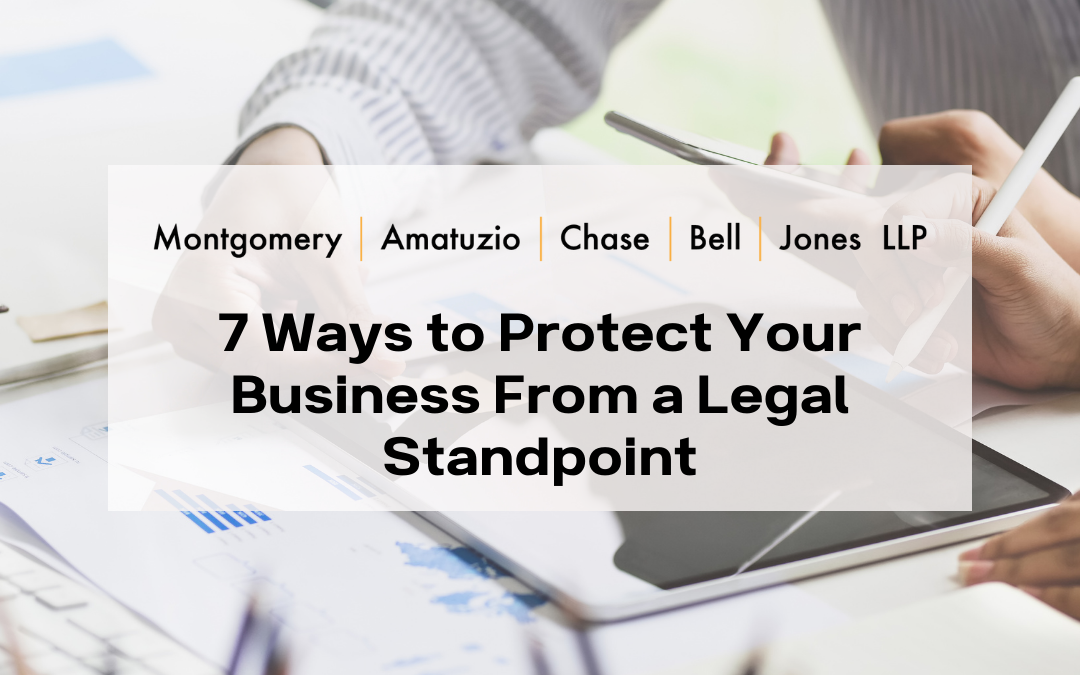Here are a few ways to legally protect your business when you’re getting started.
- Create an emergency plan
Although many of us are still working online or have online businesses, it helps to create an emergency plan for both the physical work space and the online space. For a physical work space, be sure to document and distribute emergency procedures. Train your staff and have regular drills and diagrams to help them prepare. This can help prevent lawsuits and injuries at work.
For an online business, it’s important to think of foreseeable problems such as the economy or market trends and what impacts it could have on your business. The pandemic has shown us, it never hurts to plan for the unlikely and make sure your business is ready to adapt. If we are on top of our business procedures, even during a pandemic, it reduces the likelihood of legal problems or simply, failure to keep the business running.
- Keep updating your insurance coverage
Every business should have commercial liability insurance. General insurance does not cover you, employees, or commercial premises. You may also want to look into professional liability insurance, commercial auto insurance, or workers’ compensation insurance. Be sure to review your insurance policy annually and as your business changes.
- Ensure business records are protected
It’s important to back up your business data, such as receipts, inventory, customer information, and HR data, as much as possible. Not only should your online data be encrypted, but tangible data should be kept in a fire-protected safe.
Network segmentation can also help protect your records in the event of a data breach. Your assets should be stored in a secure cloud. Emergencies happen and you need to have organized access to important records such as tax, property, insurance certificates, loan, and other paperwork.
- Consider an LLC
A limited liability company (LLC) separates your business assets from your personal assets. This means when someone sues your business, they will not be during you for everything you own. LLCs are also often times less maintenance as they require less paperwork and no annual reports.
- Create a contract for employees
If you will be employing anyone, it’s important to consult with a legal professional to ensure you are compliant with the law. Knowing your responsibilities as an employer and employee rights are critical to protecting you and your business. If you are working in a physical space, you need to provide a safe work environment with the necessary risk assessments, equipment, and precautions. For all businesses, areas such as health and safety, code of conduct, and discrimination need to be covered in your contract.
- Protect against cyberattacks
Not only your computers, but any technology for your business or used by your employees needs to be conscious of cyber security. Research your business and local laws for protecting customer and employee data correctly. Secure any sensitive data and financial information with the best cyber security technologies.
- Think about intellectual property
As you grow your business, you may think about protecting your original ideas with a trademark or copyright. This can prevent other companies from taking advantage of your ideas. Although it is seemingly straightforward, it is best to contact an intellectual property lawyer to make sure your work is protected.
Things can get confusing when running a business—but don’t let that be a reason your business fights legal issues down the road. Schedule a consultation today to learn more.


Recent Comments